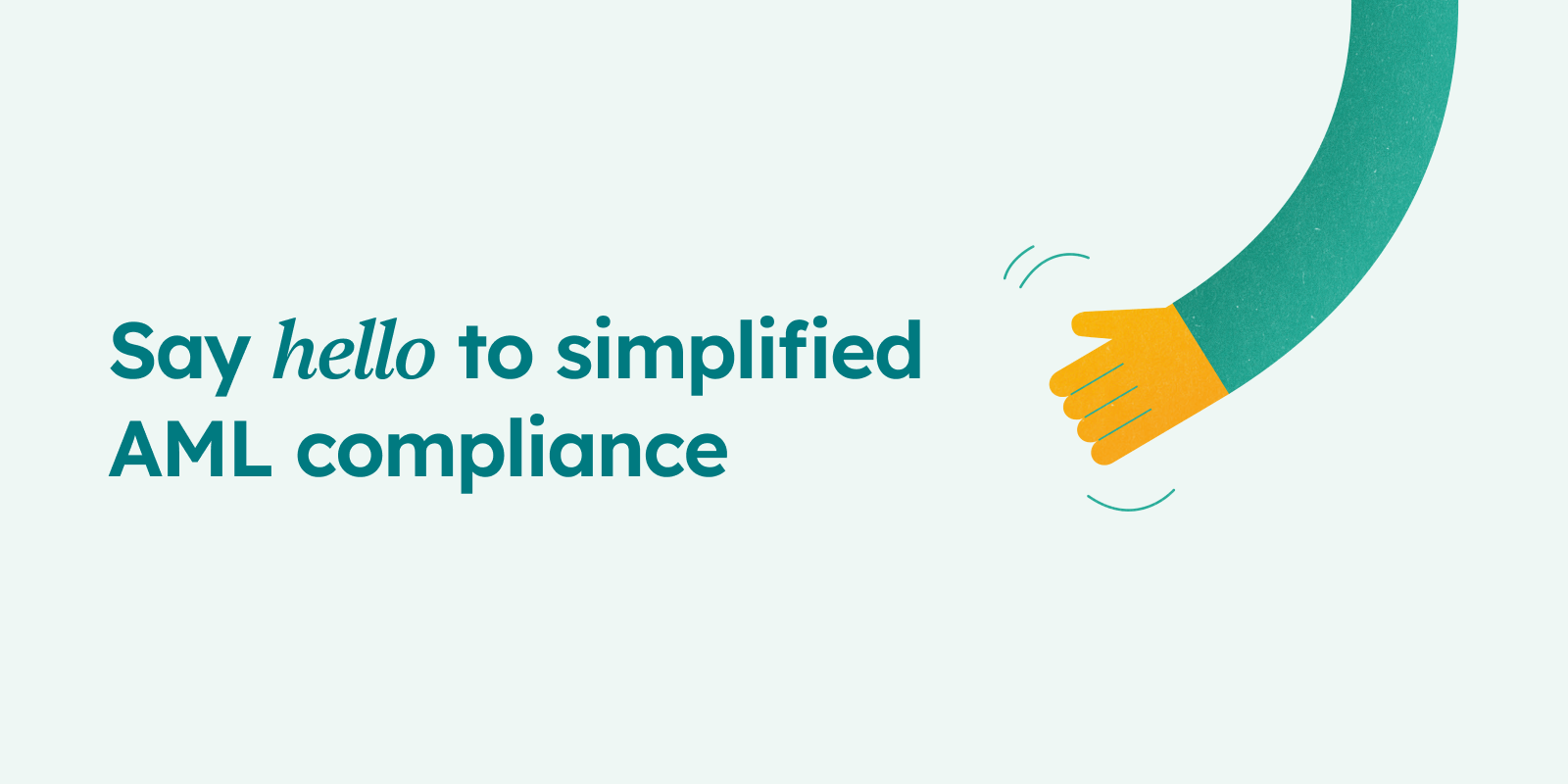1 min read
Creditro takes over KYC from Penneo
As part of Visma’s ambition to build world-class digital solutions, a strategic decision has been made to sharpen the focus of its portfolio...

PCI DSS stands for Payment Card Industry Data Security Standard. It is a set of security standards developed by major credit card companies to ensure the security of credit and debit card transactions. PCI DSS compliance is mandatory for all organisations that accept credit or debit card payments.
The PCI DSS consists of twelve requirements that organisations must meet to ensure the security of credit and debit card transactions.
The requirements are:
Install and maintain a firewall configuration to protect cardholder data.
Do not use vendor-supplied defaults for system passwords and other security parameters.
Protect stored cardholder data.
Encrypt transmission of cardholder data across open, public networks.
Use and regularly update anti-virus software or programs.
Develop and maintain secure systems and applications.
Restrict access to cardholder data by business need to know.
Assign a unique ID to each person with computer access.
Restrict physical access to cardholder data.
Track and monitor all access to network resources and cardholder data.
Regularly test security systems and processes.
Maintain a policy that addresses information security.
Organisations that accept credit and debit card payments must comply with these requirements and undergo regular PCI DSS assessments to ensure their compliance. There are four levels of PCI DSS compliance, depending on the volume of credit and debit card transactions processed by the organisation.
Non-compliance with the PCI DSS can result in significant financial penalties, reputational damage, and the loss of the ability to accept credit and debit card payments. Therefore, it is essential for organisations that accept credit and debit card payments to ensure their compliance with the PCI DSS requirements.
In conclusion, PCI DSS compliance is mandatory for all organisations that accept credit or debit card payments. It consists of twelve requirements that organisations must meet to ensure the security of credit and debit card transactions. Organisations must undergo regular PCI DSS assessments to ensure their compliance and avoid significant financial penalties and reputational damage.

1 min read
As part of Visma’s ambition to build world-class digital solutions, a strategic decision has been made to sharpen the focus of its portfolio...

3 min read
When you are subject to AML regulations, there are several tasks you need to complete annually. An annual compliance plan can help you stay on top of...

3 min read
AML compliance can be a hassle, but we don’t think it has to be that way. That’s why we’re proud to finally introduce our new brand, which reflects...